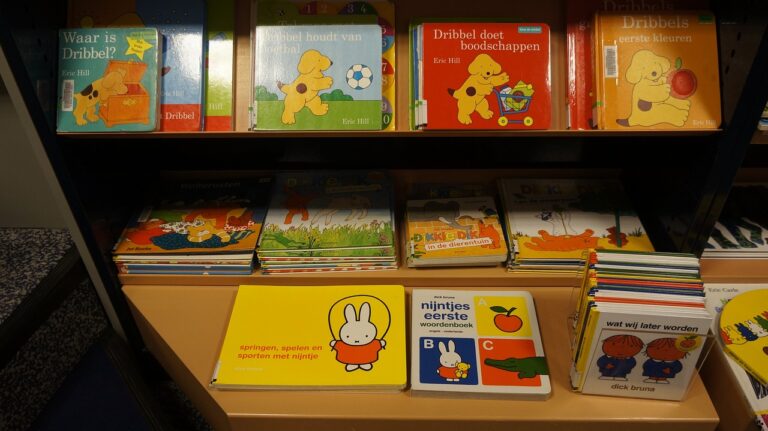Analyzing the Role of Artificial Intelligence in Curriculum Development: Goldbet.com registration, Tiger exchange login, Betbook247
goldbet.com registration, tiger exchange login, betbook247: As education continues to evolve in the digital age, the role of artificial intelligence in curriculum development is becoming increasingly important. AI technology has the potential to revolutionize the way curriculum is created, implemented, and assessed. In this blog post, we will analyze the impact of AI on curriculum development and explore how this technology is shaping the future of education.
What is Artificial Intelligence in Curriculum Development?
Artificial intelligence refers to the simulation of human intelligence processes by machines, especially computer systems. In the context of curriculum development, AI can assist educators in creating personalized learning experiences for students. By analyzing data on student performance, AI algorithms can identify students’ strengths and weaknesses and tailor lessons to meet their individual needs.
How Does AI Influence Curriculum Development?
1. Personalized Learning: AI can analyze a student’s learning patterns and preferences to create customized learning paths. This personalized approach ensures that students receive the support and resources they need to succeed.
2. Adaptive Learning: AI can adapt to the needs of individual students in real-time, providing immediate feedback and guidance. This adaptive learning model helps students stay engaged and motivated throughout their learning journey.
3. Data Analytics: AI can analyze large amounts of data to identify trends and patterns in student performance. Educators can use this data to make informed decisions about curriculum design and instructional strategies.
4. Content Creation: AI can generate educational content, such as quizzes, assessments, and learning materials, based on specific learning objectives. This content can be tailored to meet the needs of diverse learners and ensure that all students have access to high-quality educational resources.
5. Virtual Assistants: AI-powered virtual assistants can provide students with instant support and guidance outside of the traditional classroom setting. These assistants can answer questions, provide explanations, and help students navigate through complex concepts.
6. Curriculum Optimization: AI can analyze curriculum frameworks and identify areas for improvement or revision. By optimizing the curriculum, educators can ensure that students are receiving a well-rounded and relevant education.
FAQs:
1. How can AI benefit teachers in curriculum development?
AI can assist teachers in creating personalized learning experiences, analyzing student data, and optimizing curriculum frameworks.
2. Is AI replacing teachers in the classroom?
AI is not replacing teachers but rather empowering them to deliver more effective and personalized instruction.
3. Can AI be used to develop curricula for all subjects?
AI can be used to develop curricula for a wide range of subjects, from math and science to language arts and social studies.
In conclusion, artificial intelligence is playing a significant role in transforming curriculum development in education. By leveraging AI technology, educators can create personalized and adaptive learning experiences that meet the diverse needs of students. As AI continues to evolve, we can expect to see even more innovative applications of this technology in curriculum development.







